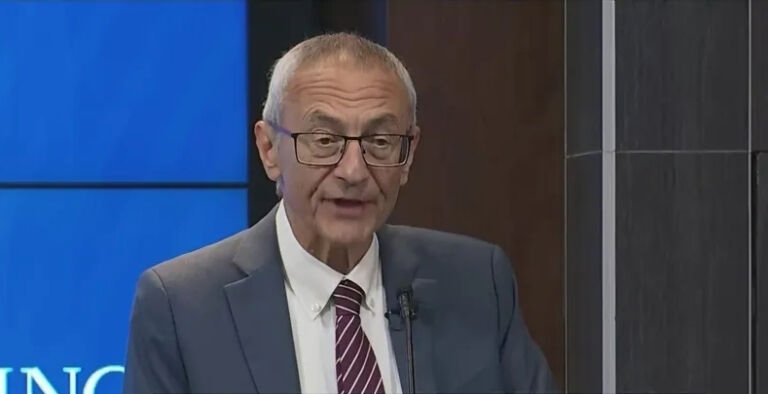Editors at the Washington Examiner deliver a warning to American taxpayers about the Internal Revenue Service.
When the new Republican-controlled House passed a bill to cancel President Joe Biden’s desired army of 87,000 new IRS agents, the administration reacted with a full-blown tantrum.
Vice President Kamala Harris released an angry statement that Republicans want to “allow … millionaires, billionaires, and corporations to cheat the system.”
This is ridiculous if you know anything about how the IRS conducts audits and raises additional revenue. Fortunately, the Government Accountability Office released a report last spring that shows exactly who the IRS tends to target.
First, the majority of the extra money the IRS collects from audits comes from households with incomes below $200,000. This is a perennial fact of life that has not changed in at least a decade, neither with the president’s party affiliation nor with the tax changes that have been enacted over the years.
This alone demonstrates the certainty that Biden’s new IRS army would look for most of its additional revenue within the much larger pool of middle-income taxpayers, not among the ultrawealthy.
But when you dig deeper into the numbers, the evidence only gets stronger.
The second-most lucrative type of audit for the IRS, in terms of money recovered per man-hour, is the audit of low-income taxpayers who take the earned income tax credit. Such audits net an average of $3,231 per hour, more than twice as much as the average audit of households earning between $500,000 and $5 million (about $1,500 per hour on average). This is why households in the under-$25,000 income category are currently more than twice as likely to be audited as households making between $25,000 and $200,000.
It is true that audits of $5 million annual earners are marginally more lucrative than audits of the poor, but they only net about $4,800 per man-hour. That’s because those audits require, on average, 60 man-hours, and they are about four times as likely to result in no change to the taxpayer’s bill as are audits of households earning less than $200,000.


